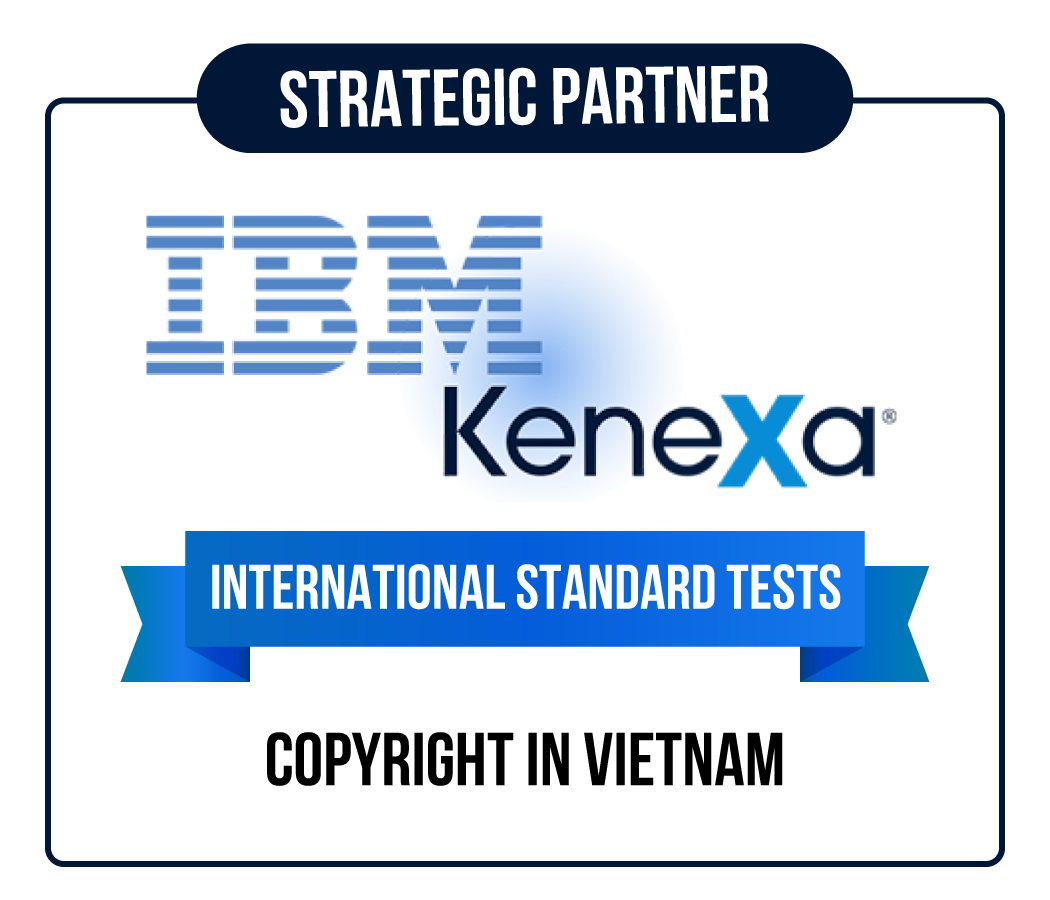
Work Preference Test
These personality-based tests map out the applicant’s personality and look for traits or tendencies that correlate with negative & positive behaviours in the workplace.
Competency Assessment List ()
Work Preference Test includes:
- Honesty & Integrity Test: A honesty & integrity test is a specific type of personality test designed to assess an applicant's tendency to be honest and trustworthy. Honesty & Integrity test attempts to predict the future potential of counterproductive workplace behaviours and tends to come in two flavours: overt tests and personality-based tests. Overt tests asks questions on past behaviour, actions and outcomes and attitudes towards counterproductive workplace behaviours.
- Stress Management Test: Stress Management Test is designed to measure traits and habits that moderate stress-illness relationship. Stress assessment quickly identifies individual characteristics and behaviors that protect against or contribute to stress. Use this test within organizational settings as part of wellness, stress management, and health promotion programs. Because it is quick and easy to administer, the Stress Assessment is ideal for routine use in organizations, outpatient clinics, hospitals, and medical practices.
- Anger Control Test : Anger control is about understanding a person’s anger and why it happens. It is about learning and practising better ways of expressing anger, and knowing how to prevent it from occurring in the first place. Specifically, anger control is about knowing the triggers and early warning signs of anger, and learning techniques to calm down and manage the situation before it gets out of control.
- Work Motivation Test: Motivation are internal and external factors that stimulate desire and energy in people to be continually interested and committed to a job, role or subject, or to make an effort to attain a goal. Motivation results from the interaction of both conscious and unconscious factors such as the (1) intensity of desire or need, (2) incentive or reward value of the goal, and (3) expectations of the individual and of his or her peers. These factors are the reasons one has for behaving a certain way. Everyone holds different values in regards to work and needs different things in their job to feel satisfied and fulfilled. For some, that might be money, fame, power, social interaction or creative expression. For others, it could be intellectual challenge, helping others, or independence. By understanding own career motivation, people can plan a more fulfilling and productive career and create an environment they can thrive in.
- Extraversion Test: Extraversion is marked by pronounced engagement with the external world. Extraverts enjoy being with people, are full of energy, and often experience positive emotions. They tend to be enthusiastic, action-oriented, individuals who are likely to say "Yes!" or "Let's go!" to opportunities for excitement. In groups they like to talk, assert themselves, and draw attention to themselves. Introverts lack the exuberance, energy, and activity levels of extraverts. They tend to be quiet, low-key, deliberate, and disengaged from the social world. Their lack of social involvement should not be interpreted as shyness or depression; the introvert simply needs less stimulation than an extravert and prefers to be alone. The independence and reserve of the introvert is sometimes mistaken as unfriendliness or arrogance. In reality, an introvert who scores high on the agreeableness dimension will not seek others out but will be quite pleasant when approached.
- Leadership Test: Leadership is the ability of a company's management to set and achieve challenging goals, take swift and decisive action, outperform the competition, and inspire others to perform well. It is tough to place a value on leadership or other qualitative aspects of a company, compared to quantitative metrics that are commonly tracked and much easier to compare between companies. Individuals with strong leadership skills in the business world often rise to executive positions such as CEO, COO, CFO, president and chairman.
These personality-based tests map out the applicant’s personality and look for traits or tendencies that correlate with negative & positive behaviours in the workplace.





















